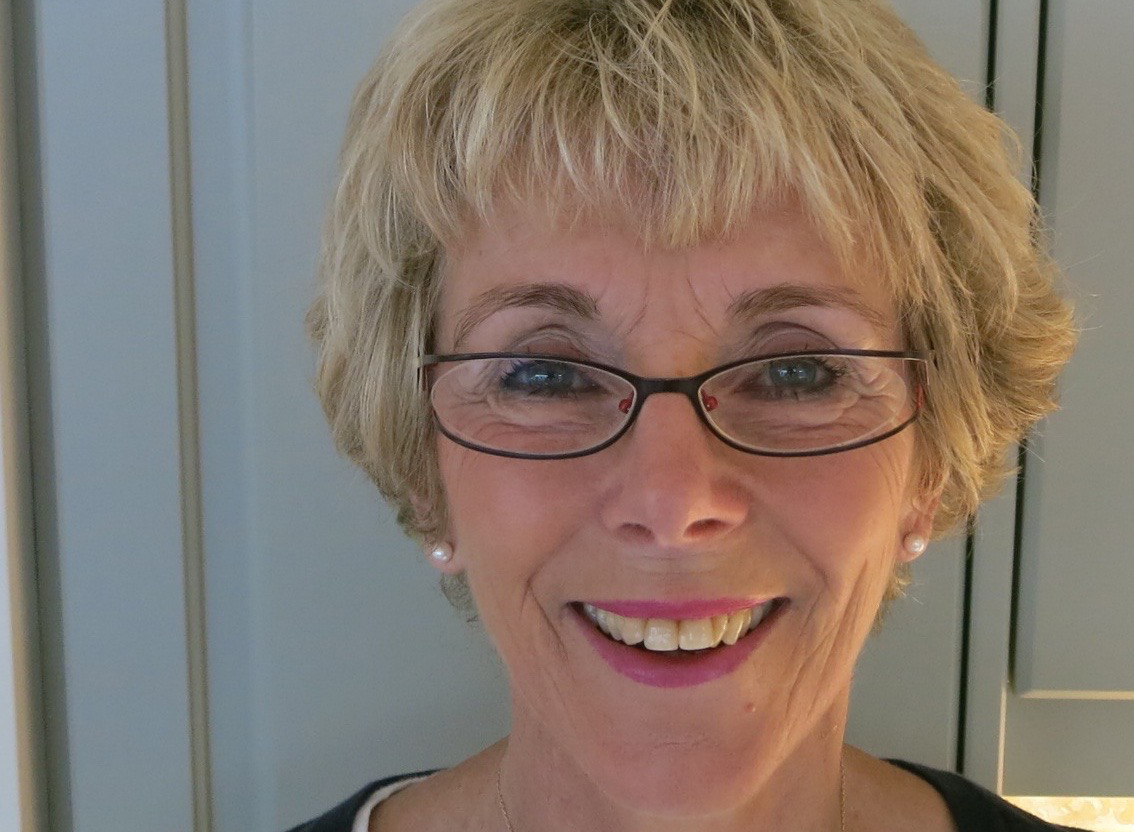
Roma Hooper, the pioneer of prison radio in the UK and across the world, has been awarded an OBE in the Queen’s New Year 2017 Honours List.
Roma is the Chair of the Prison Radio Association’s Board of Trustees, and co-founded Europe’s very first prison radio station at HMYOI Feltham.
The idea for Radio Feltham came about in 1992, to combat an increase in incidence of self-harm and suicides amongst young men held there.
Roma approached the prison’s Governor with the idea of setting up a radio station to keep the young prisoners company at night when they were at their most vulnerable.
In the following years the idea of using prison radio to comfort, challenge and inform prisoners gained currency.
In the early 2000’s Roma set up and led a partnership which included a number of stakeholders, most notably the BBC and HM Prison Service. In 2005, through this partnership, a pilot project was set up which aimed to explore the wider potential of prison radio in the UK.
Such was its success that Roma went on to found the Prison Radio Association in 2006, to promote and support the development of prison radio projects across the country.
Roma’s work and that of the Prison Radio Association have revolutionised prisoner communication.
In 2009 the charity launched National Prison Radio (NPR), the world’s first national radio station for prisoners.
NPR is a by prisoner, for prisoner radio station, with programming inspired, developed, produced and presented by prisoners working alongside a small team of committed professional radio producers. The station therefore delivers content that is relevant and is viewed as credible by its audience.
NPR supports prisoners through their sentences and aims to reduce reoffending. It also highlights the effects of crime and imprisonment on prisoners, families, victims and society as a whole. It provides vital information and support to help the audience turn their backs on crime, and rebuild their lives in preparation for release.
NPR is a partnership with the National Offender Management Service (NOMS) and broadcasts into more than 104 prisons in England and Wales. Research shows that 84% of the potential audience tune in. 79% of the audience say they have been inspired by something they heard on NPR. In 2014 the HMP Brixton-based station received almost 6000 letters from prisoners.
Recently the Chief Executive of NOMS, Michael Spurr said: ‘The success of National Prison Radio continues to amaze. The quality of the work is excellent and the benefits huge. We are lucky to have such professional and committed partners doing such a great job.’
The PRA works closely in partnership with a range of statutory and voluntary bodies in creating impactful programming for NPR. This programming signposts its audience to services that support rehabilitation and resettlement. NPR takes the messages of other organisations and quite literally amplifies them – providing prisoners with crucial information and driving up referral rates to essential services.
The PRA has also been responding to a growing interest in prison radio internationally. The PRA has supported the development of prison radio projects on five continents. Most significantly, in 2012 the charity was instrumental in launching RISE Maximum Radio, a station based in Trinidad and Tobago’s maximum security prison.
Before getting involved with prison radio, Roma worked in the disability field for many years, latterly as Assistant Director for Contact a Family, a charity supporting families with disabled children.
However, through her involvement with prison radio at HMYOI Feltham she became increasingly interested in issues of crime and justice. She returned to university as a mature student and gained a Masters degree in Criminal Justice Policy from the London School of Economics. She pioneered the role of Voluntary Sector Coordinator at HMYOI Feltham, becoming the first of many given this title in a UK prison.
As the charity she founded, the Prison Radio Association, wove the idea of prison radio into the fabric of the Criminal Justice System and launched National Prison Radio in 2009, Roma unearthed her next major challenge.
Troubled by what she saw as the futility of short-term prison sentences, in 2009 Roma set up and then became Director of Make Justice Work – a campaign to boost public support for a change in how Britain deals with lower-level offenders. Roma sought a switch from expensive and short prison terms to intensive and effective sanctions, delivered in the community.
Make Justice Work has made a significant impact in finding and promoting the evidence to support the use of community sentences as an alternative to costly short-term prison sentences.
It aimed to raise public awareness of the pointlessness and expense of locking up low-level offenders, only for them to offend again and again. Crucially, the campaign identified the community alternatives to custody that are most effective both at reducing re-offending and cutting costs.
Roma secured the backing of leading experts from the criminal justice system – including former prison governors, charity directors and renowned academics.
In June 2010 Make Justice Work launched an independent national enquiry called ‘Community or Custody: Which Works Best?’
The enquiry toured the UK taking evidence from local experts and practitioners about ground-level experience of low-level offending and the relative efficacy and cost of short-term prison sentences or community-based alternatives for tackling the problem.